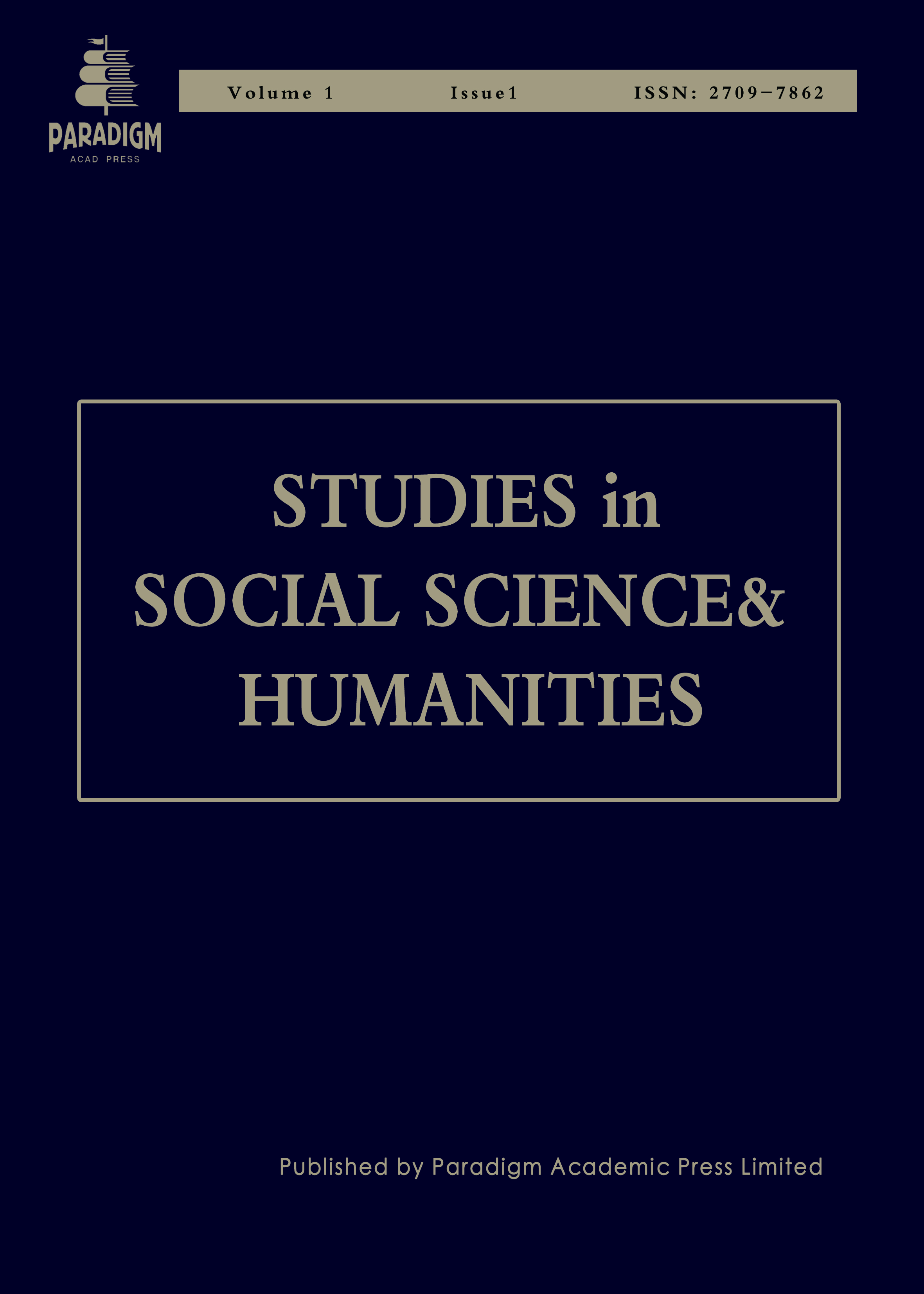Students’ Leadership Conceptions and Political Engagement: Implications to Teaching Philippine Politics and Governance
DOI:
https://doi.org/10.63593/SSSH.2709-7862.2025.09.009Keywords:
civic competence, education, gaps, social studiesAbstract
This study focused on the concept of leadership and political engagement of students. Thus, it determined the respondents’ conceptions of leadership and knew their current political engagement. Further, it determined the gaps between the notions about leadership and current political engagement of the respondents, which served as the basis for identifying the implications of the conceptions of leadership and current political engagement in teaching Philippine Politics and Governance. The study used an open-ended survey questionnaire, and the data gathered was analyzed with topical and thematic analysis. The students have knowledge and conceptions about leadership and the qualities and characteristics attributed to it. It was found that most of the students are engaged in elections, digital platforms, political discussion, and civic matters. Furthermore, gaps show that their political engagement does not reflect their conceptions of leadership and vice versa. What the students view, and think is not the same as what they are doing or actualizing. Their concepts negate what they are engaged in. The existing gaps show that leadership conceptions and political engagement can be further improved by incorporating varying teaching-learning approaches aligned to the Philippine Politics and Governance curriculum.


